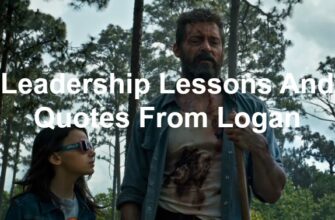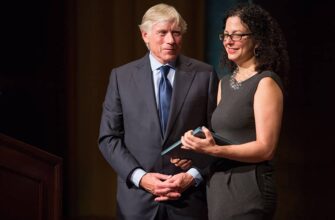In times of desperation, a leader’s judgment is often clouded. When this happens, decision making is impaired, patience is disregarded, and crucial information is overlooked. It can happen to any of us, including a comic book villain.
Since his wife’s diagnosis with a rare terminal ill, Victor Fries has devoted his life to saving hers. In a desperate attempt, he cryogenically froze her so as to buy some time while he continues to search for a cure. Regrettably, in the process of freezing her, there was an accident in the laboratory resulting in Fries being confined to a cryo-suit, thus becoming Mr. Freeze.
Mr. Freeze often battles Batman; however, unlike most of Batman’s villainous rogue, nearly all of Mr. Freeze’s crimes are committed with a selfless intent – to save his wife. Where it goes wrong for Mr. Freeze is that he thinks his objectives supersede the law. As he says in the show, Batman: The Animated Series:
Mr. Freeze: Just think, Batman. What would you do if you could have your loved one back? Anything, right?
Batman: Not anything.
Mr. Freeze: I would.
Regardless of what Batman says, he cannot reason with Mr. Freeze to help find less destructive alternatives to discovering a cure.
Mr. Freeze and leaders like him are full of self-assurance and bravado. Only they understand the truth and anyone who questions them is a threat. As a result, their defensives are up, relevant facts that may dispel their beliefs are ignored, and poor judgment results.
According to leadership guru John Gardner:
Judgment is the ability to combine hard data, questionable data, and intuitive guesses to arrive at a conclusion that events prove to be correct…Most important, perhaps, it includes the capacity to appraise the potentialities of co-workers and opponents.
For leaders to maximize their “judgment abilities,” they must be open to other points of view. This can take the form of a devil’s advocate or a trusted group of advisors. Either way, a decision made without considering contradictory viewpoints, will not produce the best possible output.
Leaders must possess the confidence to hear opposing facts and adjust accordingly without tripping over their self-esteem. It is easy to get caught up in a loop of self-justification, but a healthy ego enables the leader to receive negative feedback without feeling that they are being personally attacked.
Don’t freeze yourself into a belief. Allow for the likelihood that you may be wrong or that there is a better way to do something. Listen to all of the facts and always keep an ear out for someone who knows more than you.








